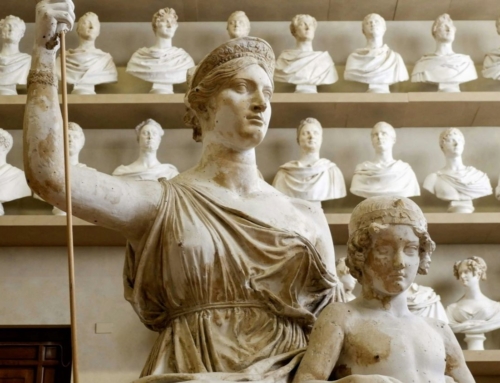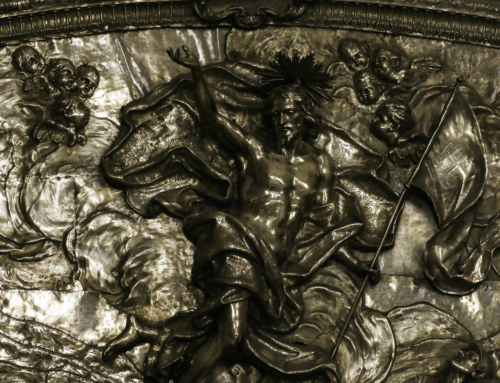Announcing a new series: reading Jane Austen in light of Aristotle and Thomas Aquinas.
It is a truth universally acknowledged, that Jane Austen novels are full of silliness and romance. However little known the merits of these works upon a first perusal, this truth is so well fixed in the mind of the reader, that they are considered as the rightful property of young women fixated upon a bygone era of balls and dresses with hardly any serious merit to recommend them to the reader of more practical and serious taste.
While the truthiness of such a claim may, in fact, be unassailable, the truth of this statement can hardly be considered as such. When Lionel Trilling offered a seminar on the works of Jane Austen at Columbia in 1973, he had to sit through two-and-a-half days of interviews in order to whittle a field of 150 interested students down to a more manageable maximum of 40. You very well may ask how many of those prospective students were young men, but, as a professor of mine once responded to such a question, this was Columbia in the 1970s; they were, most probably, nearly all men! Trilling himself relates that the ranks of these prospective students included more than one graduate student who ardently made his case to be allowed in the class.
So, what’s the big deal about Jane Austen? Why would anyone with half a brain, let alone someone seriously dedicated to the study of divine truth, care two straws about such novels? Unlike Trilling who concluded that the moral values portrayed in Austen’s novels were invariably a product of her era, I am convinced that these values have a timeless character, just as the novels have a transcendent appeal.
As the title of this introduction and the Dominican authorship of these posts suggest, Aquinas and Aristotle play no small part in my appreciation of the works of Jane Austen. Throughout this series, I hope to illustrate how many of the values found in Austen’s works belong just as much to the medieval and classical periods as her own. By showing how the virtues espoused by Austen’s heroines conform to a much earlier tradition, I hope to lead the reader to suspect that these values are just as applicable today. These works are not simply food for romantic fantasies. They provide us with serious and thoughtful reflections on how virtue ought to be lived out, particularly in regard to our relationships with others.
✠
Read the whole series on Dominicana, April 7-11.
In Pursuit of Happiness: An Aristotelian Appreciation of Jane Austen—April 7
Foundations Once Destroyed: The Importance of Principle in Mansfield Park—April 8
The Way of Shame: Moral Education in Northanger Abbey—April 9
Love and Friendship: Virtue and the Varieties of Relationship in Pride and Prejudice—April 10
Heaven’s Last Best Gift: Marriage as the Final End in Persuasion—April 11
✠
Image: The Novels of Jane Austen







